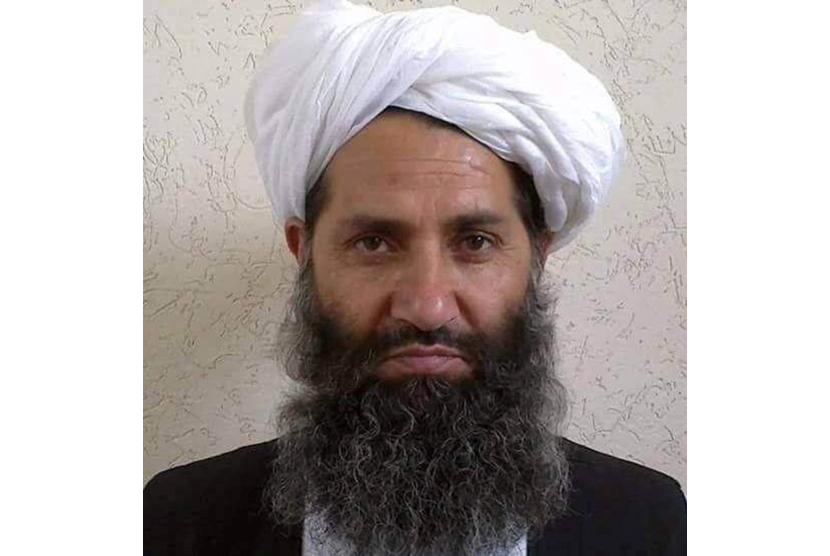The Taliban called for solving the problem internally.
REPUBLIKA.CO.ID, KABUL – The Taliban’s supreme leader Haibatullah Akhunzada said he strongly supports a political solution to the Afghan conflict. This was conveyed when the Taliban was carrying out attacks and controlled several areas of the country.
“Despite military gains and advances, the Islamic Emirate (Afghanistan) strongly supports a political settlement in this country. Every opportunity for the establishment of an Islamic system, peace and security that presents itself will be utilized by the Islamic Emirate,” Akhunzada said in a written message released on Sunday (18/7), quoted on the website Aljazirah.
He said the Taliban was committed to finding a solution to end the war. But he criticized opposition parties for wasting time. “Our message remains that instead of relying on foreigners, let us solve our problems among ourselves and save our homeland from the existing crisis,” he said.
The delegation of the Taliban and the Afghan government resumed peace talks in Doha, Qatar, on Saturday (17/7). The process had stopped before. Currently the Taliban are believed to have controlled about half of Afghanistan’s 400 districts. They also controlled several important border crossings and laid siege to several vital provincial capitals.
The success of the Taliban in regaining control of areas in Afghanistan came after the United States (US) and its NATO allies withdrew its troops from the country. So far, Washington is Afghanistan’s main ally in fighting and fighting the Taliban.
In February last year, the Taliban and the US agreed to a peace treaty first. One of the points of agreement is that US military personnel and their NATO allies must leave Afghanistan within 14 months if the Taliban fulfill their commitments. That is one of the conditions that the Taliban want to create before starting peace talks with the Afghan government.
Afghanistan’s conflict with the Taliban has lasted for two decades, since 2001. The war is estimated to have claimed at least 47,600 lives.
– .


